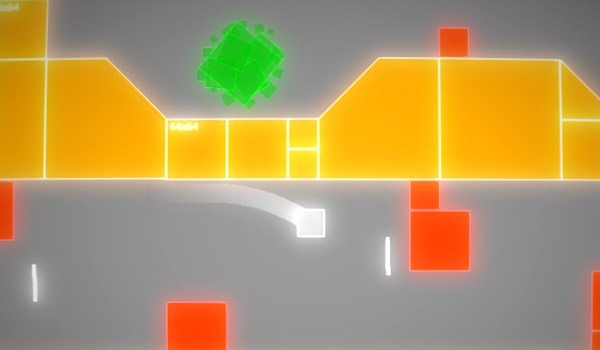
Don’t get caught up in the ages listed on the box, or the skills you feel your middle schooler “should” be learning right now, just follow your teen’s interest and they will learn oodles and bunches. When you first start gameschooling, focus on what is fun. I also want you to know that while there are tons of math games on the market today, virtually every game incorporates math skills… especially if you ask your kiddo to be the scorekeeper! And that’s why gameschooling math, especially in the middle school years, can have a profound impact on learning. That’s the power of play! When you are enjoying yourself, you make more connections. Jim also used the example of how everyone who has ever played Monopoly knows that Boardwalk and Park Place are blue. Jim visited the Never Board Learning Community to talk about the value of play when it comes to learning and I just love what he had to say about the associations we make when we play games. Last fall, I had the chance to chat with the founder of Semper Smart Games, Jim Moran. Plus, when you’re having fun you remember more! Semper Smart Games has many math games for middle schoolers (Play Smart Dice and Blobby’s Pizza). Games help to make the material more accessible. Gameschooling can be especially powerful when it comes to math! Math can be intimidating for many learners. Here’s a clip from that interview on the importance of play and learning: Last summer, Betsy joined the Never Board Learning Community to discuss the importance of play with it comes to math skill development. Betsy Mays is a former middle school math teacher and founder of Games by Absolute Zero. When you play your way through a challenging subject, you’re more likely to retain information. Gameschooling offers kids a chance to learn new skills, practice old ones, fail, succeed, and try again.

Gameschooling is a judgment-free zone (and a stealthy way to work on academic skills)! Sure, it might start with him complaining that he doesn’t want to play with me, but if I add some hot cocoa, popcorn and a dollop of patience, he’s soon chatting and enjoying our time together. Teens are supposed to grow in independence, but it’s important to maintain a connection. This is all developmentally appropriate, of course. This strategy works for our tweens and teens, too! Do you know how our tweens and teens get moody and distant? They withdraw a bit and it can be tough to know what they are thinking. They could avoid eye contact, their hands were busy, and they were engaged in a pleasurable task: play! Before they knew it, we were having fun together, building trust, and growing an important connection. This worked exceptionally well with tweens and teens. When I worked as a school psychologist, I used games to connect with students. One way to add more play to your homeschool day, and to connect with your tweens and teens, is to incorporate gameschooling into the day. That includes our tweens and teens!ĭon’t be afraid to get silly with your tweens and teens! Play and gameschooling fuels learning, but it’s also a way to strengthen connections during the teen years.

Research has shown that play is important for all of us, not just children. We all know that play is critical to child development. Play has a positive impact on a child’s physical, cognitive, and social-emotional development. Research has demonstrated that play benefits the whole child. Whether you’re a homeschool parent looking to spice up your math routine, a classroom teacher in need of something different, or a parent looking to work on skills in a stealthy way, gameschooling is an amazing tool! Learning With Games (even in middle school!) Today, I’m sharing our family’s favorite math games for middle schoolers. My oldest is about to enter high school, my daughter is heading into seventh grade, and my youngest is about to enter sixth grade. Now, as a homeschool mom, I play games with my children daily. I’ve witnessed the educational benefit of games when it comes to learning countless times! As a school psychologist, I used games with children and teens from preschool to 12th grade. I’ve got you covered.Īs a school psychologist, lifelong gamer, and homeschool mom, I am passionate about play-based learning and gameschooling. Are you homeschooling a tween or teen and looking for the best math games for middle school? Look no further, my friend.


 0 kommentar(er)
0 kommentar(er)
